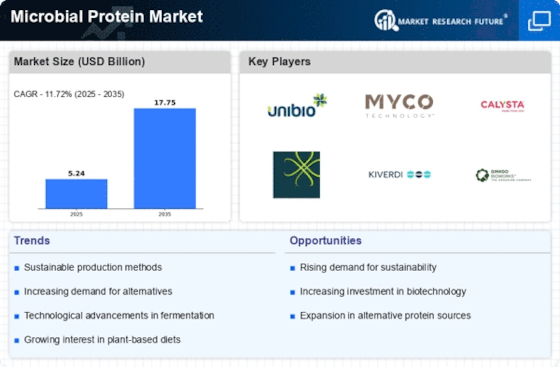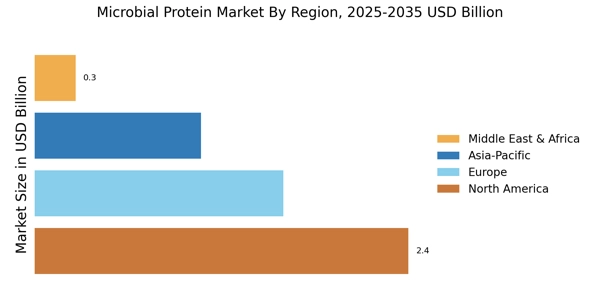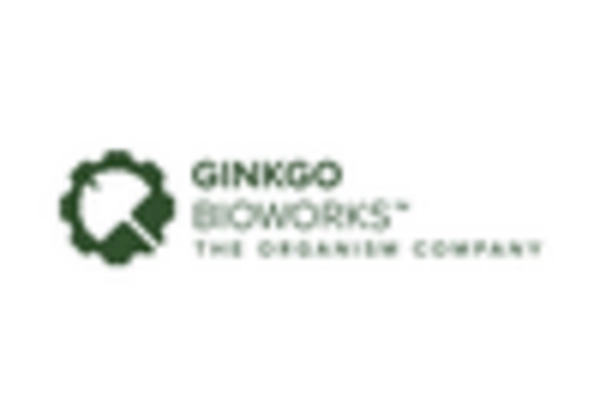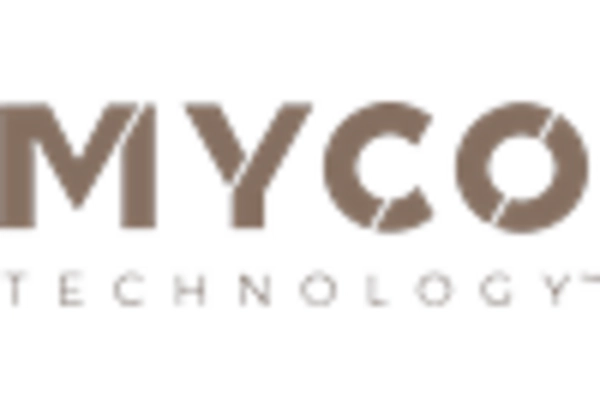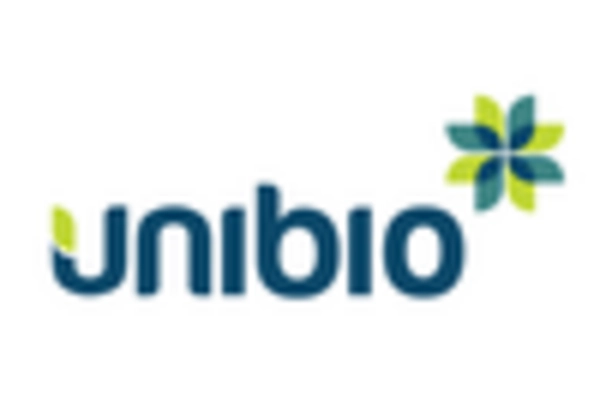Rising Protein Demand
The growing The Microbial Protein Industry. As dietary preferences shift towards protein-rich foods, the need for sustainable protein sources becomes more pressing. Microbial protein, with its high nutritional value and efficient production methods, is well-positioned to meet this demand. Market analyses suggest that the protein market is projected to grow substantially, with microbial protein expected to capture a notable share due to its advantages over traditional protein sources. This trend indicates a promising future for the Microbial Protein Market as it aligns with the evolving dietary requirements of consumers.
Technological Innovations
Technological advancements in fermentation and protein extraction processes are driving the Microbial Protein Market forward. Innovations such as precision fermentation and genetic engineering are enhancing the efficiency and yield of microbial protein production. For instance, recent developments have led to the creation of microbial strains that can produce higher protein content in shorter fermentation times. This not only reduces production costs but also increases the scalability of microbial protein solutions. As technology continues to evolve, it is expected that the Microbial Protein Market will witness a surge in new product offerings, catering to diverse consumer preferences and dietary needs.
Sustainability Initiatives
The increasing emphasis on sustainability appears to be a pivotal driver for the Microbial Protein Market. As environmental concerns escalate, industries are seeking alternatives to traditional protein sources that contribute to greenhouse gas emissions and resource depletion. Microbial protein, derived from fermentation processes, offers a more sustainable option, utilizing less land and water compared to animal farming. Reports indicate that microbial protein production can reduce carbon footprints significantly, making it an attractive choice for environmentally conscious consumers and businesses. This shift towards sustainable practices is likely to enhance the demand for microbial protein, as companies align their operations with sustainability goals, thereby fostering growth within the Microbial Protein Market.
Health and Nutrition Trends
The increasing awareness of health and nutrition is shaping consumer choices, thereby impacting the Microbial Protein Market. As individuals become more health-conscious, there is a growing preference for protein sources that offer additional health benefits, such as improved digestibility and essential amino acid profiles. Microbial protein is often perceived as a cleaner, more nutritious alternative to conventional protein sources. Research indicates that products containing microbial protein can enhance dietary quality, appealing to health-oriented consumers. This trend is likely to drive the expansion of the Microbial Protein Market as manufacturers respond to the demand for healthier food options.
Regulatory Support and Standards
Regulatory frameworks and standards supporting alternative protein sources are emerging as a crucial driver for the Microbial Protein Market. Governments and regulatory bodies are increasingly recognizing the potential of microbial protein as a sustainable food source. Initiatives aimed at promoting alternative proteins are being implemented, which may include funding for research and development, as well as guidelines for safe consumption. This regulatory support is likely to foster innovation and investment in the Microbial Protein Market, encouraging companies to develop new products and expand their market presence.


